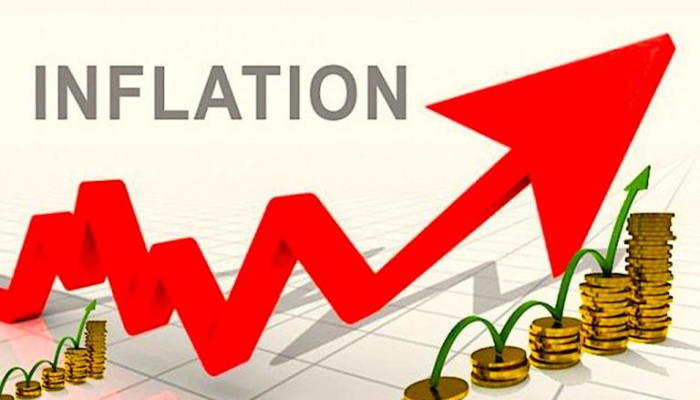Nigeria’s inflation must cool to as low as 12 per cent with the country’s economy expanding by 8 to 10 per cent before the citizens can begin to get some respite, according to Adetilewa Adebajo, chief executive officer of CFG Advisory.
Adebajo, speaking on Arise Television on Tuesday, said the country’s middle class has been erased due to weakening purchasing power occasioned by rising prices that jumped to a near three-decade high last year.
“Inflation needs to slow to at least 12 percent for us to see 8 to 10 percent growth and which is really where we need to be targeting,” Adebajo said.
“Nigeria has become a ‘sachet economy’ and purchasing power has been eroded and that’s erased the middle class. In order to bring people back to the middle class, inflation needs to be at 12 percent, then we will begin to feel the impact.”
Inflation has slowed for the fifth consecutive month in August to 20.12 per cent, compared to 21.88 per cent in the previous month. Food prices also fell for the first time in three months as the harvest season picks up.
The disinflationary trend, together with the continued stability of the naira that climbed to a seven-month high, fueled the confidence of the monetary authorities to cut the key interest rate by 50 basis points to 27 per cent in the first easing cycle in five years.
Read also: Slower inflation offers hope but Nigerians doubt the gains
Yemi Cardoso, the governor of the Central Bank of Nigeria, in a press briefing after the 302nd monetary policy committee meeting on Tuesday, said efforts are ongoing to ensure that prices come down to a single digit, an ambitious target that would require more coordination between the monetary and fiscal authorities.
Adebajo, however, pointed out that the CBN governor needs to let the public know the real target and outline programs the apex bank will be embarking on to achieve a single-digit inflation target.
“We’re at the point of inflection. Fiscal policy is in alignment with monetary policy. The challenge now is to put in the policies to grow the economy. What is needed is to bring in trade, investment and industrial policy. And get the private sector involved.”
Nigeria’s economy grew at its fastest pace in four years in the second quarter (Q2) of 2025 at 4.23 per cent, compared to 3.43 per cent in the same period last year and 3.13 per cent in the first quarter of this year.
Analysts see the growth trajectory accelerating further as the country continues to ramp up oil production and provide more enabling opportunities for businesses to thrive, a condition that is expected to have ripple effects on consumer spending.

